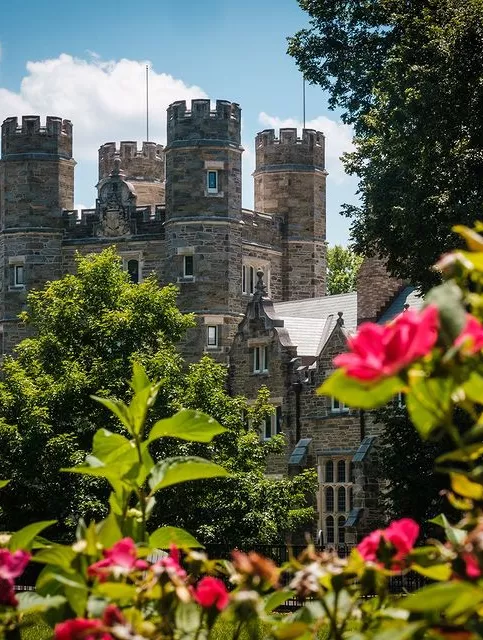New Bryn Mawr Financial Aid Policy Reduces Debt for All Receiving Need-Based Aid

As part of its commitment to making a Bryn Mawr education accessible for all, Bryn Mawr is adjusting its financial aid policies to help undergraduate students graduate with lower debt.
Beginning with the fall 2022 semester, Bryn Mawr will eliminate student loans for students with family incomes below $60,000 and replace these loans with institutional grants.
All need-based financial aid recipients with family incomes above $60,000 will receive grants from the College to replace $2,000 of student loans previously used to meet their full demonstrated need.
These policy changes will reduce debt for all students receiving need-based aid.
“These changes, along with our long-standing commitment to meet 100% of demonstrated financial need, and recent reductions to students’ expected financial contribution through summer savings, make a Bryn Mawr education more financially accessible for more families,” says Bryn Mawr President Kim Cassidy. “We want all students out there who are thinking about attending Bryn Mawr to know that this aid is available.” President Cassidy notes that Bryn Mawr is also extending this new policy to current students with need-based financial aid, “a decision which means that these students have greater ability to focus on their studies and other aspects of life at Bryn Mawr.”
Bryn Mawr’s Office of Financial Aid will send an email to eligible returning students within the next few days with more information. For additional questions, contact the Office of Financial Aid at finaid@brynmawr.edu.
Over the last ten years, the College has increased its financial aid budget by more than 50%. In the 2021-22 academic year, the College provided $38.43 million in total institutional financial aid to undergraduate students. Increasing Bryn Mawr’s ability to provide financial aid was among the key goals of the College’s recent “Defy Expectation” fund-raising campaign. Currently, 78% of Bryn Mawr students receive financial aid, with an average award of $58,133.